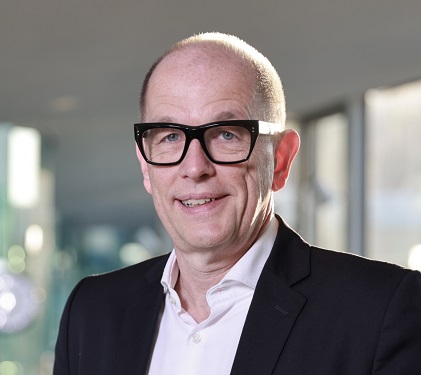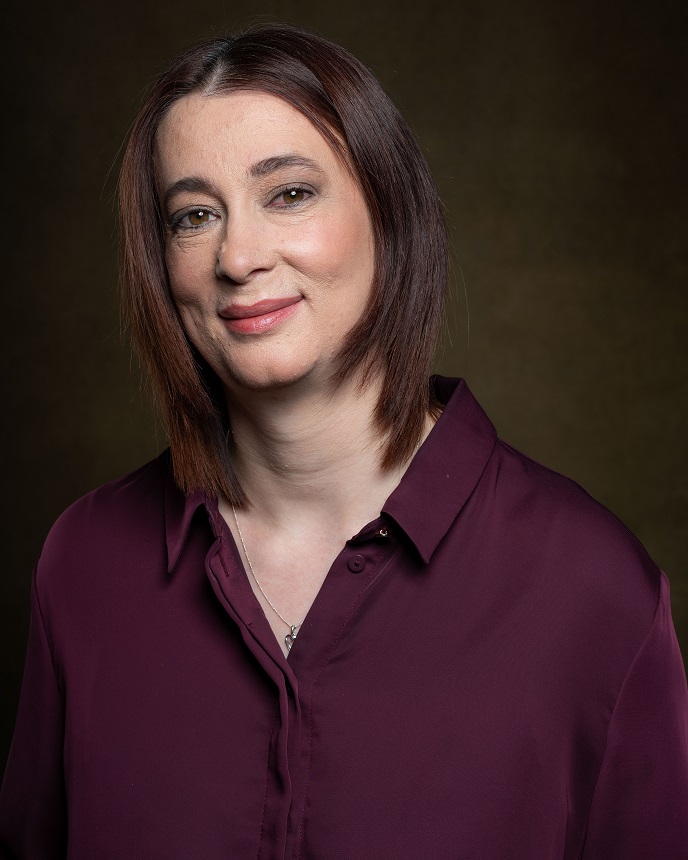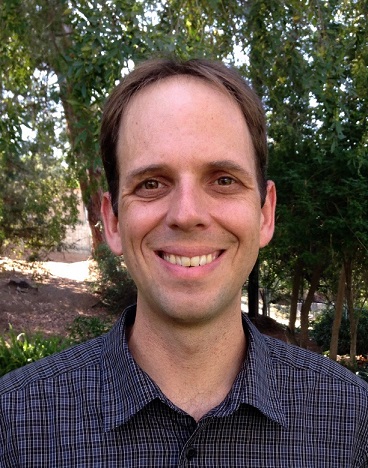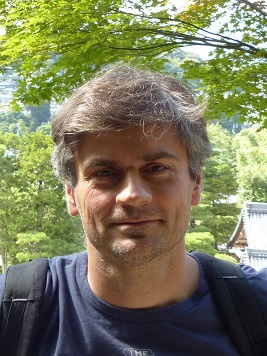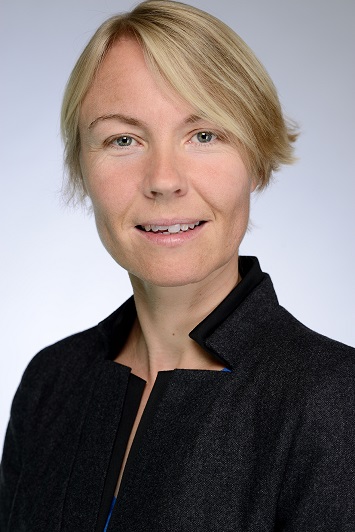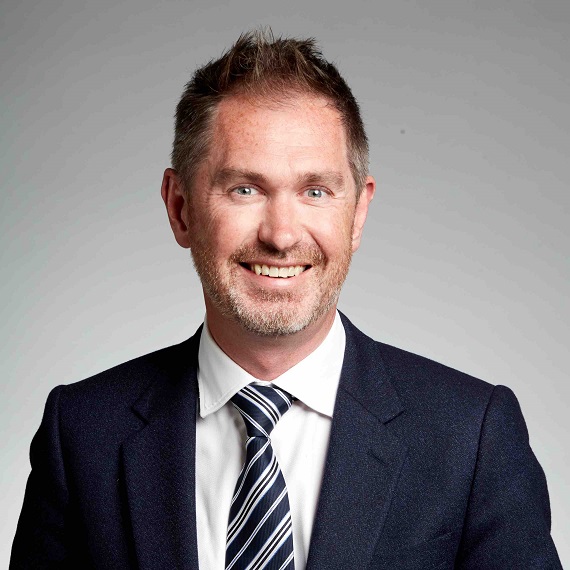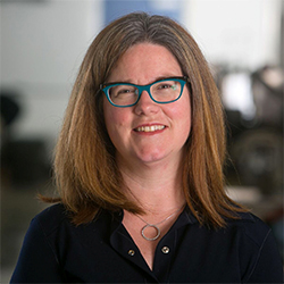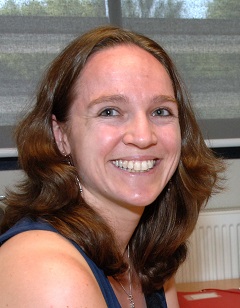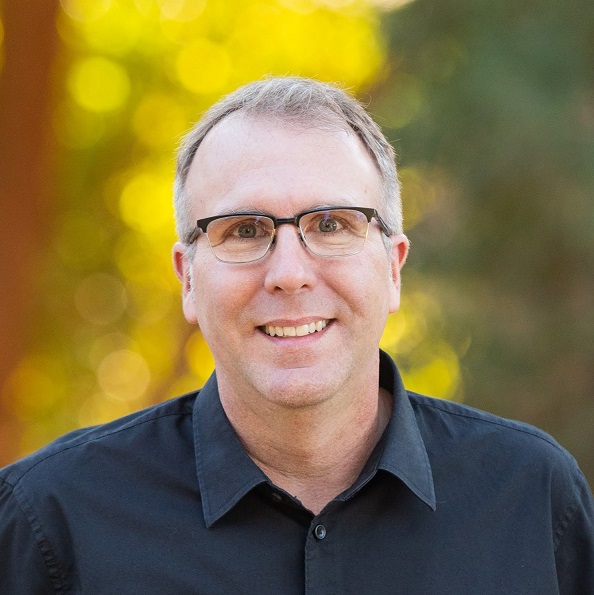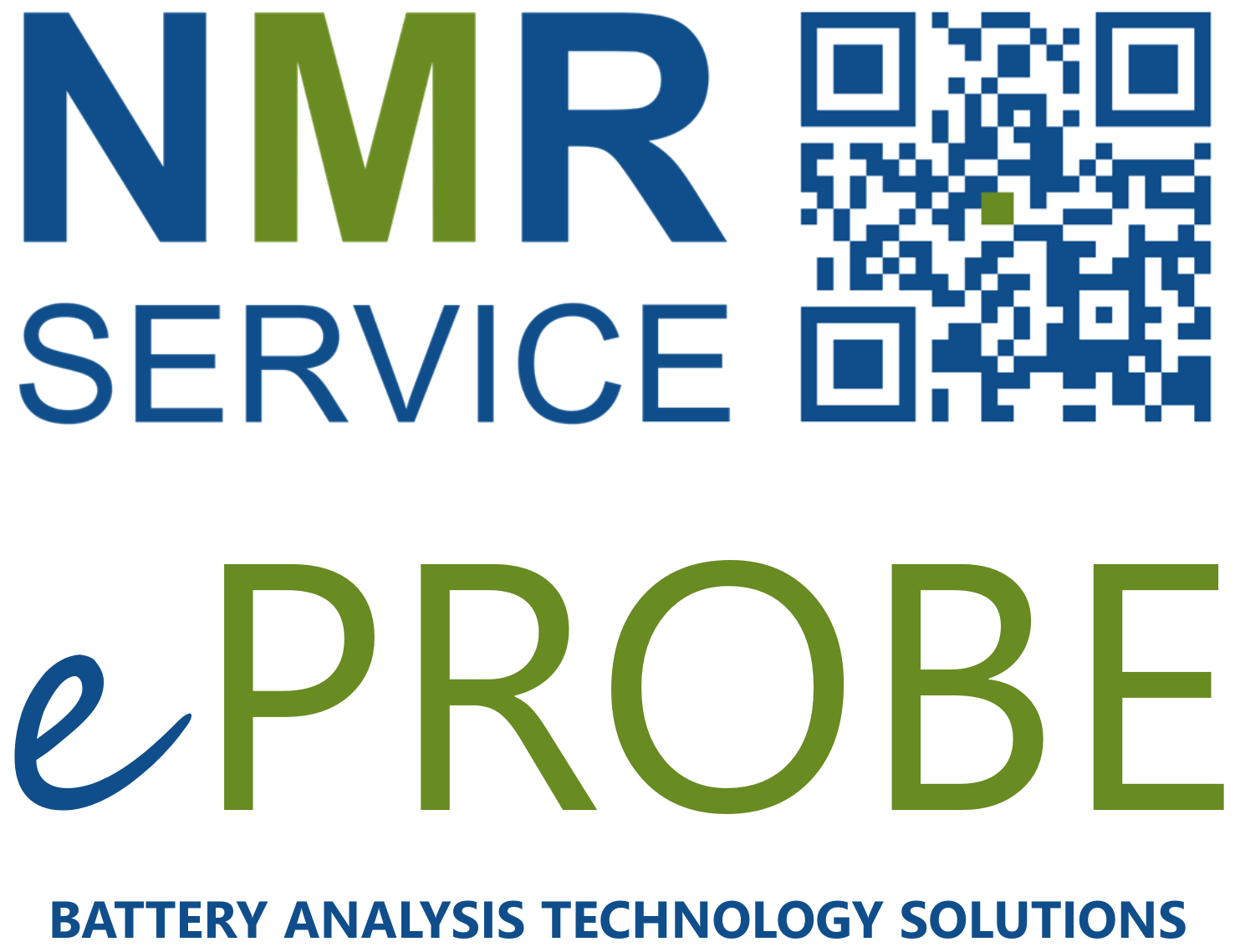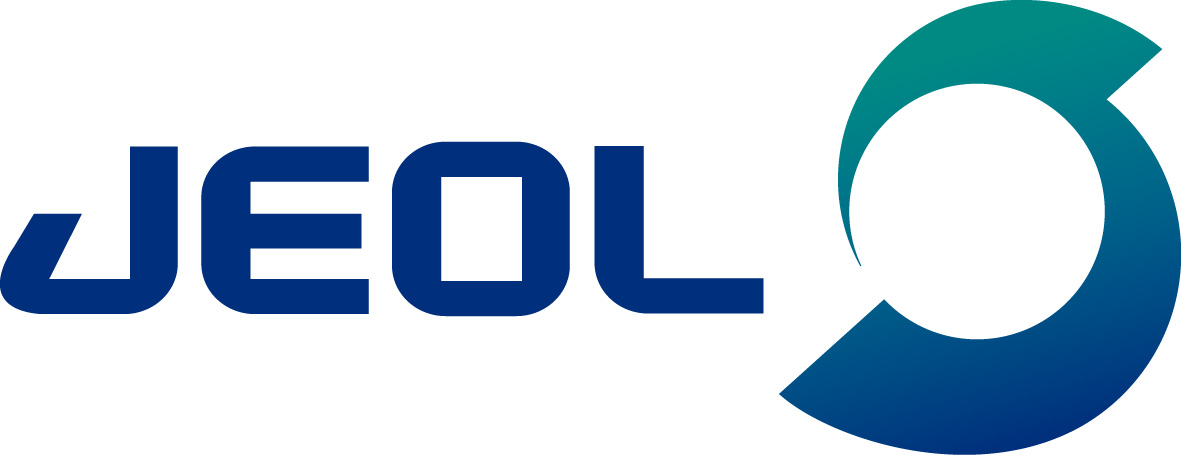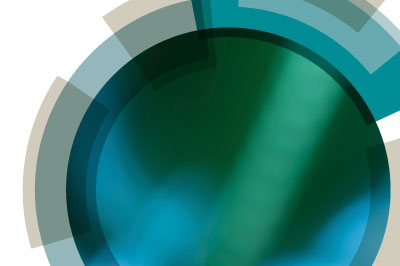Welcome
Join us in Birmingham in September 2024 for this addition to our Faraday Discussion series. With over a century of history and more than 300 meetings, Faraday Discussions have been at the forefront of the physical sciences and many Discussions have become landmark meetings in their field.The unique format of the Faraday Discussions will allow for in-depth discussions of emerging computational and experimental methods in the field of NMR crystallography, as well as the current limitations and challenges that need to be overcome to broaden applications to increasingly complex materials.
On behalf of the scientific committee, we look forward to welcoming you to Birmingham.
John Griffin and Andrew Morris
Co-Chairs
Format
Faraday Discussions have a special format where primary research papers written by the speakers are distributed to all participants before the meeting, and most of the meeting is devoted to discussing the papers. All delegates at the meeting, not just speakers, have the opportunity to make comments, ask questions, or present complementary or contradictory measurements and calculations during the discussion sessions. In addition, there is a dedicated poster session where further discussion takes place. The research papers and a record of the discussion are published in the journal Faraday Discussions.
Themes
Big Data and Simulations in NMR CrystallographyThis session will cover recent advances and ongoing challenges in computational simulations of large and/or complex systems in NMR crystallography. Topics covered will include machine learning for large datasets and statistical methods for NMR calculations of complex structures. Discussion in this session will cover the merits and limitations of computationally cheap approaches in comparison to conventional DFT methods, and the usefulness of these approaches in different types of material systems.
Challenges and Opportunities for NMR Calculations
This session will focus on developments in NMR calculation methods for systems that are challenging to study by conventional DFT approaches. Topics covered will include the calculation of NMR parameters for magnetic and conducting systems, relativistic contributions for heavy atoms, and the use and development of semi-empirical dispersion correction schemes. The discussion will cover strategies to address the current limitations of DFT, and what level of accuracy we can expect from new computational approaches.
Generating Models that Describe Complex Disorder
This session will focus on disorder, which is ubiquitous across physical chemistry and can be present as both positional disorder (e.g., glasses, polymers) and compositional disorder (e.g., defects, substitutions, partial occupancies). The discussion will cover current and future developments in methods for generating models for disorder in increasingly complex materials, as well as methods for statistical analysis of the outputs of such models.
Understanding Dynamics and Mechanisms
This session will cover the effects of dynamics and structural evolution on observables in NMR crystallography, and how these can be modelled computationally and accurately measured experimentally. The discussion will cover NMR methods for measuring dynamics and structural evolution, and the scope for using large-scale simulations to predict and model these effects over a wide range of timescales.




